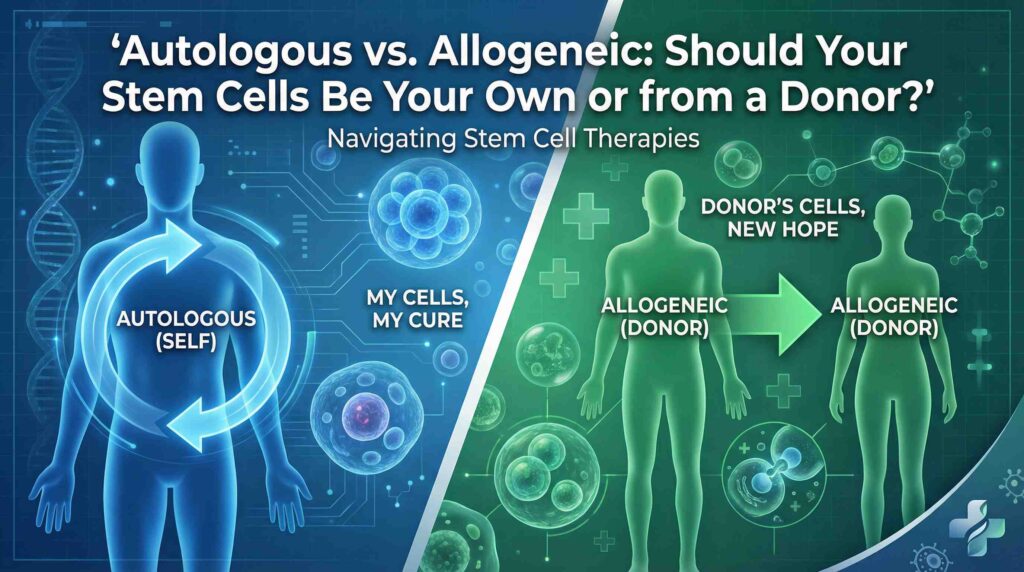In an era where medical advancements are rapidly evolving, it’s crucial to delve deep into the groundbreaking discoveries that promise to redefine our understanding of health and aging. The world of mitochondrial peptides, often overshadowed by more mainstream medical topics, holds secrets that could revolutionize the way we approach age-related diseases and regenerative medicine.
Whether you’re a medical professional, a health enthusiast, or someone simply curious about the future of healthcare, this blog is your gateway to understanding the profound impact of these peptides.
So, settle in, and let’s embark on a journey through Dr. Dmytro Klokol’s enlightening lecture from the Aesthetic and Functional Medicine Summit in Kuala Lumpur. Welcome to a space where science meets hope, and every post unveils a piece of the future.
The Marvel of Mitochondria
Mitochondria, often dubbed the “powerhouse of the cell,” play a pivotal role in our body’s cellular functions. From energy metabolism, cholesterol metabolism, to calcium storage, these tiny organelles are integral to our well-being. However, what happens when these powerhouses falter? The repercussions are vast, leading to a myriad of age-related diseases. But, as Dr. Dmytro Klokol’s lecture at the Aesthetic and Functional Medicine Summit in Kuala Lumpur highlighted, there’s hope on the horizon in the form of mitochondrial peptides.
The Promise of Mitochondrial Peptides
Derived directly from mitochondria, these peptides have shown immense potential in the realm of medicine. Their capabilities range from reversing biological age, enhancing performance, normalizing metabolic health, to even regulating our immune system. In essence, these peptides could be the key to unlocking a healthier, more vibrant future for many.
Groundbreaking Research
The European Wellness biomedical group, represented by Dr. Dmytro Klokol, has been at the forefront of this exciting field. Collaborating with esteemed institutions like the University of California Irvine and Heidelberg University, they’ve embarked on in-depth studies of mitochondrial peptides. Their findings? Nearly 200 different mitochondrial peptides were identified and analyzed, all of which showed no toxicity to human cells. This groundbreaking research paves the way for potential therapeutic applications in treating a range of conditions, from metabolic syndrome and cardiomyopathies to neurodegenerative disorders.
Looking Ahead
The future of mitochondrial peptides is bright. Preliminary experimental studies on mice have already shown promising results, particularly in reducing the development of diabetes in type 1 diabetes-induced models. As research continues and our understanding deepens, the potential applications of these peptides could revolutionize the medical world.
In conclusion, the realm of regenerative medicine and the potential of mitochondrial peptides offer a beacon of hope in our ongoing battle against age-related diseases. As we continue to explore, challenge, and understand, one thing is clear: the future of medicine is exciting, and we’re just scratching the surface. Stay tuned to this blog for more insights, discoveries, and breakthroughs in the world of science and health



